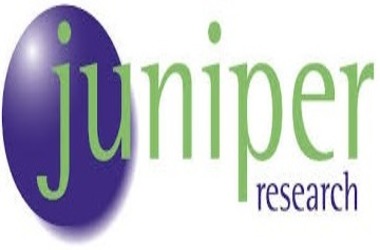
Specifically, Juniper Research has stated that a combo of blockchain technology and Internet of Things (IoT) sensors will bring down vendors’ costs by paving way for well-organized food recalls, simplifying supply chains, ensuring compliance, and fraud management.
The study argues that the rising adoption of IoT and blockchain technology in the supply chain industry will add considerable value to the food industry. Using these technologies effectively, the food industry can avoid food related fraud, according to the report, leading to a savings of up to $31 billion over a period of five years.
Dr Morgane Kimmich, who was involved in the study, said
“Today, transparency and efficiency in the food supply chain are limited by opaque data forcing each company to rely on intermediaries and paper-based records. Blockchain and the IoT provide an immutable, shared platform for all actors in the supply chain to track and trace assets; saving time, resources and reducing fraud.”
Furthermore, Juniper’s research indicates that considerable savings in food related fraud can be accomplished by 2021 itself, while expenditures related to compliance can be slashed 30% by 2024. Blockchain and IoT, which complement each other, is gaining traction in the food and beverage industry on a big scale.
Over the last few months, several players, including FMCG giants such as Carrefour and Nestlé have made media releases about their blockchain related initiatives in the food sector.
IBM’s Food Trust, a blockchain based food tracking solution, is the most adopted supply chain logistics solution in the food industry. Food Trust is based on Hyperledger Fabric blockchain protocol. The platform went live in October 2018 and is used by vendors and suppliers to track “millions of individual food products.”
Of late, there were news reports that Cermaq, a salmon farming firm, and Labeyrie, a smoked salmon producer, have deployed IBM’s cloud blockchain technology to track their supply chain.